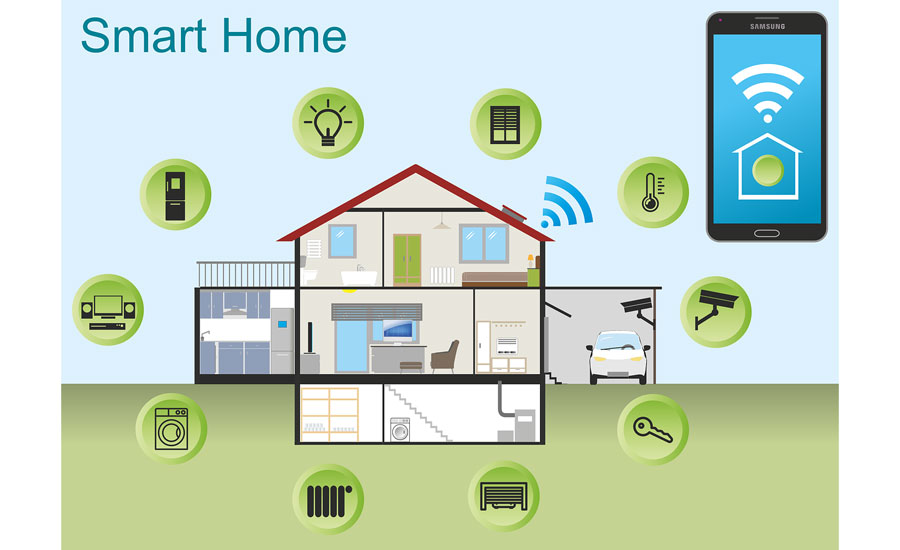Heatpump Vs Heating System - Which Is The Better Home Heating Alternative For Your Home?
Heatpump Vs Heating System - Which Is The Better Home Heating Alternative For Your Home?
Blog Article
Web Content Author-Ashworth Mosegaard
Lots of home owners know with heaters, which warm homes with oil or natural gas and push hot air via ductwork. They are reasonably affordable and can give trustworthy home heating also throughout a winter season power outage.
Nonetheless, see post utilize fossil fuels and create carbon monoxide and various other air contamination. They likewise aren't as energy-efficient as a high-efficiency heat pump.
Cost
Normally, heat pumps are much more inexpensive to run than heaters. They generally use electrical power and cooling agent to remove warm from outdoor air, and afterwards move it into your home. You can benefit from less costly electricity prices during off-peak hours to even more lower your heating expenses.
Unlike heatpump, gas or wood-burning heaters utilize combustion to generate heat, producing flue gases right into the environment that can be hazardous to your wellness. These furnaces are likewise less energy-efficient than heatpump, and their higher operating expense can add up with time.
Heaters are a lot more complex than heat pumps and need normal maintenance to make certain the correct function of all parts. In spite of this, they often tend to last longer than heat pumps with a normal lifespan of two decades or more. Nevertheless, you'll need to factor in the price of gas, fuel oil or timber and the additional equipment required for setup and operation such as ducts and ventilation systems.
Power Effectiveness
Heat pumps have a higher energy effectiveness score than heating systems. These systems make use of electrical power to scavenge warm from the air, even in freezing temperatures. They can additionally eliminate excess warm from the home throughout warmer months and recycle it to cool the system. Provider experts can help you establish the most effective design for your home based on climate and resource power expenses.
Heating systems burn gas oil, lp, natural gas or various other sorts of fossil fuel to heat the air in the home. This air is then distributed via ductwork making use of a huge fan. Heating systems create greenhouse gases and call for regular maintenance and equipment upgrades to guarantee safe procedure.
The greatest advantage of a furnace is that it can be run even in harsh winter season conditions due to the fact that it does not depend on outdoor temperatures to heat the air. Heating systems also have a longer life-span than heatpump and typically last 15 years. They can likewise be coupled with dual gas alternatives, which choose the most reliable heating option based on the weather.
Environment
Heat pumps work well in modest environments and use much less source power than heating systems. However, if your region is remarkably cool, you may require to invest in a typical gas furnace instead.
Heaters give cozy, comfy heat and normally provide quick heating to elevate indoor temperature levels. These systems can be utilized with a variety of fuel kinds, consisting of natural gas, propane, oil or electricity.
They take in much more power than heat pumps-- up to 3x as much-- and require ductwork that's costly to install or retrofit. They're additionally extra expensive to preserve, as they can create air quality issues and produce greenhouse gas discharges.
If you're dedicated to lowering your carbon footprint, a heatpump is a great choice for your home. They have less greenhouse gas emissions than heaters, especially if you select a power CELEBRITY ® heatpump. Your local Service provider specialist can explain the distinctions in between these two heating systems and help you make the best decision for your unique requirements.
Individual Preferences
Heaters can be very power efficient when powered by natural gas, lp or oil, however they aren't as power efficient as heat pumps in cold environments. They can likewise be a lot more pricey to set up, requiring gas lines and air flow systems.
Nonetheless, heaters have a tendency to call for much less upkeep, which can lead to reduced recurring expenses. They generate fewer greenhouse gases and are extra dependable than heat pumps during severe weather condition.
Electric heatpump are extra versatile in producing interior comfort since they can likewise function as a/c throughout warmer months. They can be more convenient to maintain, needing only regular air filter changes and periodic vacuuming.
If you prefer the convenience of a single system that does it all, think about a hybrid heating remedy that pairs a heating system with an electrical heatpump. These systems can automatically change between both home heating options based upon your home's demands and temperature conditions, optimizing efficiency and financial savings.